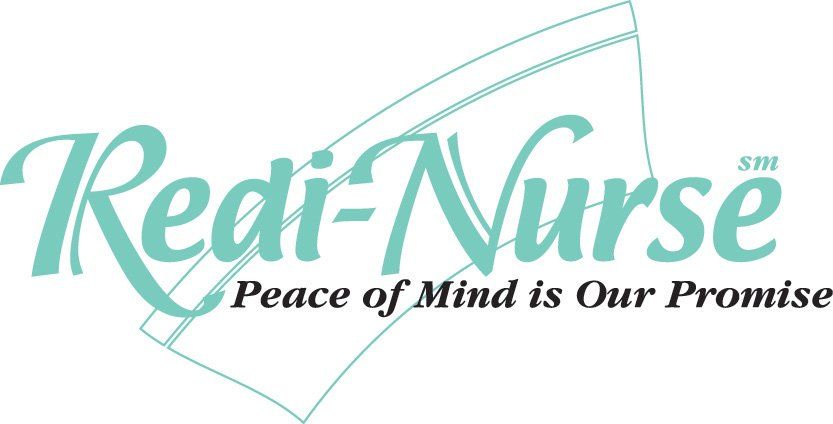Medicare Certified and Licensed by the State of Florida 21000096/20010096/20011096/21001095
A Quick Guide to Understanding Dementia
Dementia is an umbrella term for symptoms that affect an individual's thinking, memory, and social abilities in a way that affects their quality of life. One of the main and most common symptoms of dementia is memory loss. However, experiencing memory loss does not necessarily mean an individual suffers from dementia. Furthermore, other factors can trigger memory loss. Below is a quick guide to dementia.
Causes of Dementia
Dementia comes as a result of loss or damage to the nerve cells of the brain. Dementia affects individuals differently and causes different symptoms depending on the affected area of the brain. So far, researchers have connected brain changes to some dementia forms but have not yet identified anything that can prevent dementia. A healthy lifestyle may help reduce risk factors associated with dementia.
Types of Dementia
There are several types of dementia, and they include the following.
Cortical Dementias
This type includes dementias such as Creutzfeldt-Jakob and Alzheimer's. Cortical dementias come about due to issues with the brain's outer layer—the cerebral cortex. As a result, people with this dementia type usually suffer severe memory loss. They also cannot understand language or remember words.
Subcortical Dementias
Subcortical dementias result from issues in parts of the brain below the cortex. People with this type of dementia have a slow thinking speed and may start activities slower than usual. But, they do not show forgetfulness or have issues with language. People who are likely to suffer from this type of dementia include those with HIV, Parkinson's disease, and Huntington's disease.
Mixed Dementia
Mixed dementia denotes two or more dementia types. In such cases, the affected individuals show brain changes associated with different dementia forms.
Diagnosis of Dementia
When your medical team suspects that you may have dementia, they first assess and see whether you have other underlying conditions that may be causing the symptoms you are experiencing. They will carry out a physical exam to measure vital signs. The doctor may also order lab tests for blood, chemicals, vitamins, and hormones to rule out different possible causes.
The doctor or medical team may also review your family and medical history to see if you have any dementia risks. You may also undergo brain scans, genetic and blood tests, psychiatric evaluations, and cognitive and neurological tests.
Symptoms of Dementia
Some early signs of dementia include the following.
Challenges Planning or Solving Problems
Apart from memory loss, people with dementia may have a problem developing plans and working with numbers. For instance, they may find it difficult to keep track of their bills and follow familiar recipes. They may take longer to finish tasks they did before and find it hard to concentrate.
Language Problems
If you notice that your loved one is suddenly substituting words that do not fit in a conversation or forgetting words, they may be experiencing the early onset of dementia. While anybody may have problems occasionally finding the right words to express themselves, people with dementia forget simple words or substitute words so much that they become incomprehensible.
Disorientation
A person with dementia may keep getting lost in a familiar place. They may also lose their sense of time and not know the day. Suddenly, they cannot remember why they went to the kitchen, forget their medication, and do not understand how they got to a place. The disorientation may be coupled with impaired judgment. For example, the person may fail to recognize when they have a medical problem or are not dressed properly for the cold weather.
As your loved ones age, they may develop conditions requiring you to offer more care. If they need assistance with day-to-day activities, you can contact A Visiting Redi Nurse. We offer comprehensive in-home nursing to make life easier for you and your loved ones. Contact us today.





